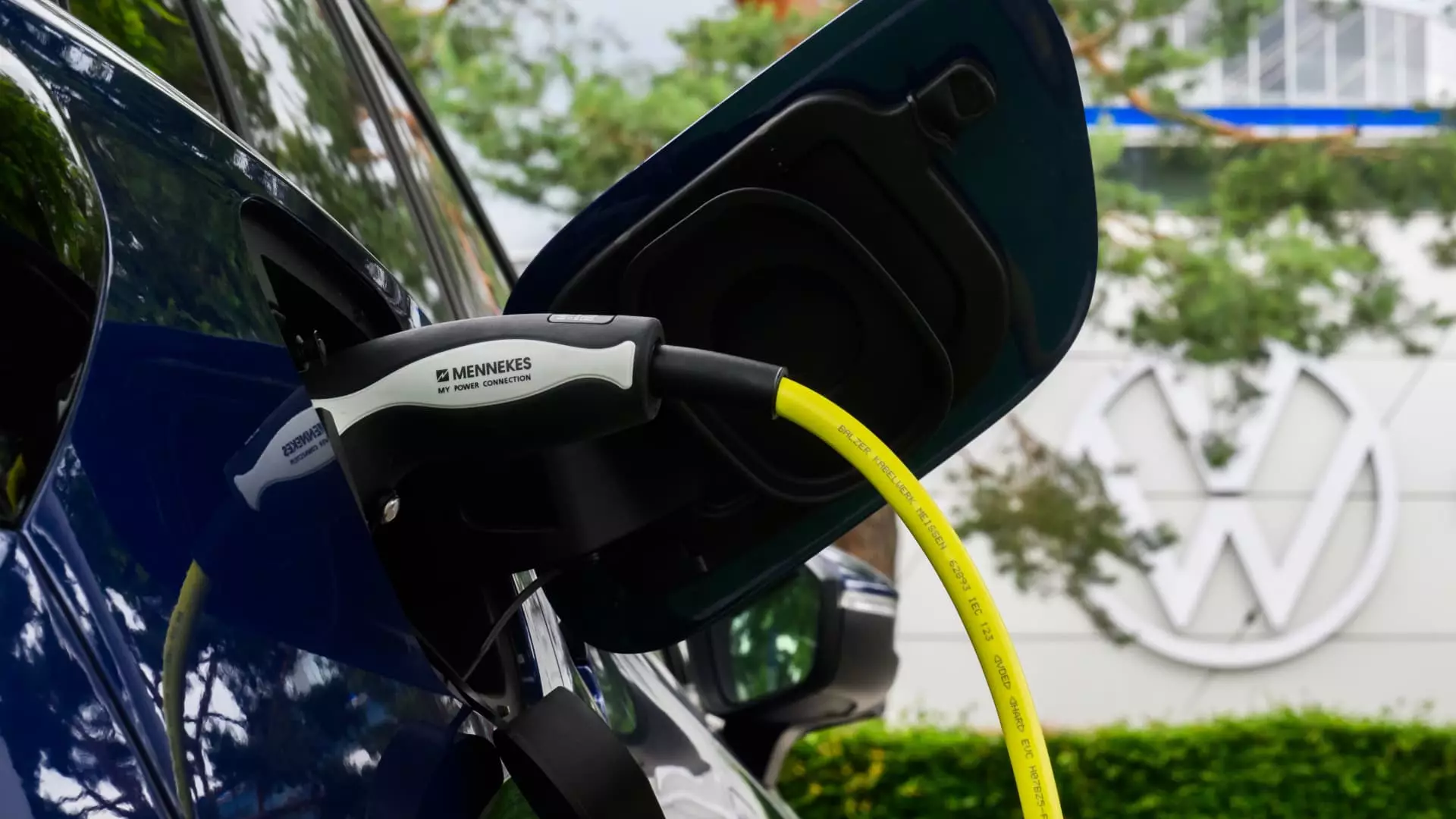European car manufacturers, including Volvo Cars, are facing a multitude of challenges on the road to full electrification. Volvo Cars, for example, recently made the decision to abandon its plan to sell only electric vehicles by 2030. Instead, the Swedish automaker now aims for between 90% and 100% of its car sales to be fully electric or plug-in hybrid models by that deadline. This shift in strategy reflects the need to be more pragmatic and flexible in response to changing market conditions.
Crisis-stricken car manufacturers like Volkswagen, Ford, and Mercedes-Benz Group have also announced delays in their targets to phase out sales of internal combustion engine vehicles in Europe. Tim Urquhart, a principal automotive analyst at S&P Global Mobility, noted that many manufacturers are reevaluating their electrification targets due to the realization that investments in internal combustion engine technology are necessary to remain competitive in the market.
Governments in key markets have implemented measures to encourage the adoption of battery electric vehicles (BEVs) through mandated targets. The U.K., for instance, introduced a mandate requiring a percentage of new car sales to be zero-emission vehicles, with a goal of reaching 100% by 2035. However, these mandates have also presented challenges for manufacturers, given the lower demand for BEVs compared to what was originally anticipated.
Volvo Cars highlighted several challenges facing the auto industry’s electrification ambitions, including a slower-than-expected rollout of charging infrastructure, the withdrawal of government incentives in certain markets, and uncertainty surrounding tariffs on EVs. These developments underscore the need for stronger and more stable government policies to support the transition away from fossil fuels.
Consumers are currently facing a difficult choice when it comes to transitioning to electric vehicles. The shift away from traditional petrol-powered vehicles requires a significant change in driving, charging, and usage habits. Analysts have noted that there has been both over-enthusiasm for BEVs from regulators and manufacturers, as well as skepticism among consumers who are hesitant to embrace this new technology paradigm.
Despite the challenges and uncertainties surrounding the shift to electric vehicles, car manufacturers understand that they cannot afford to miss out on the EV market. The direction of travel towards electrification remains clear, and industry experts emphasize the importance of adapting to this non-linear journey. European carmakers are under pressure to make the transition to EVs while maintaining profitability and flexibility in an ever-changing and uncertain environment.
European car giants are facing a complex set of challenges on the path to full electrification. From shifting strategies and delayed targets to government mandates and consumer skepticism, the industry is navigating a rapidly evolving landscape. While short-term uncertainties persist, the long-term direction towards electrification is inevitable, and car manufacturers must adapt to stay competitive in the market.

Leave a Reply